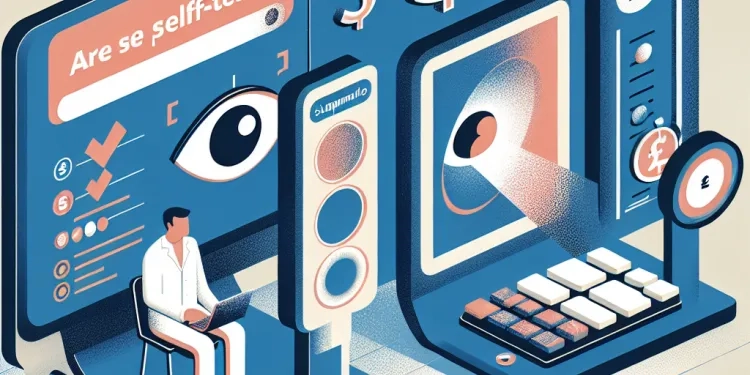
Find Help
More Items From Ergsy search
-

Are self-tests a substitute for professional eye exams?
Relevance: 100%
-

What are the limitations of self-testing for eyes?
Relevance: 68%
-
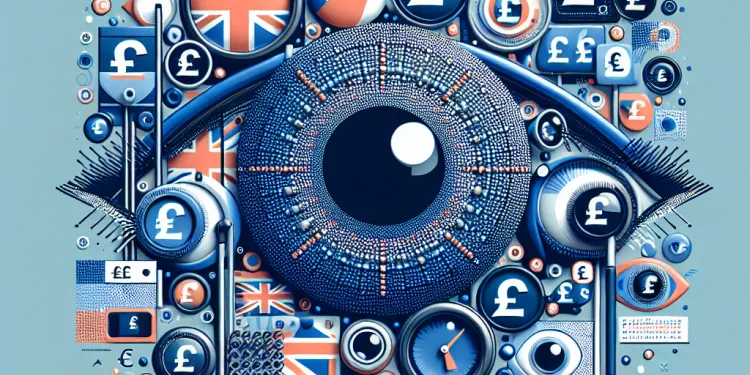
Can self-testing detect all eye conditions?
Relevance: 66%
-
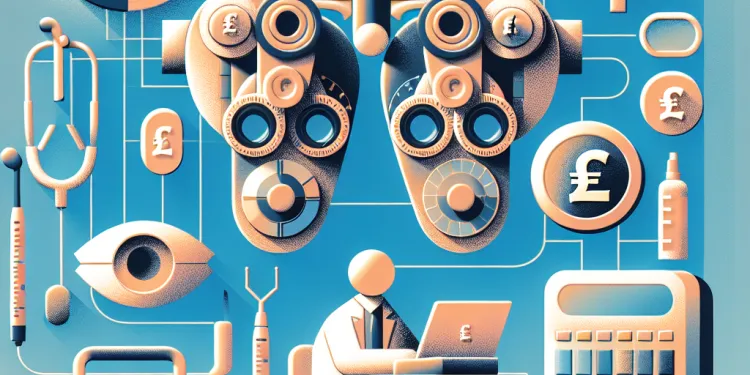
Should I share the results of my self-tests with my eye doctor?
Relevance: 65%
-
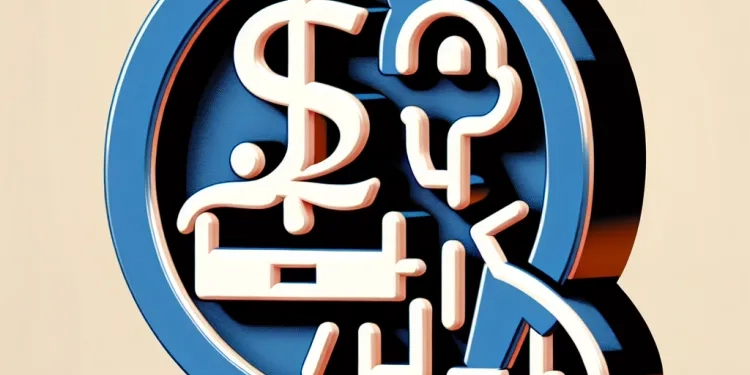
Why would someone need to self-test their eyes?
Relevance: 63%
-

How often should I self-test my eyes?
Relevance: 63%
-
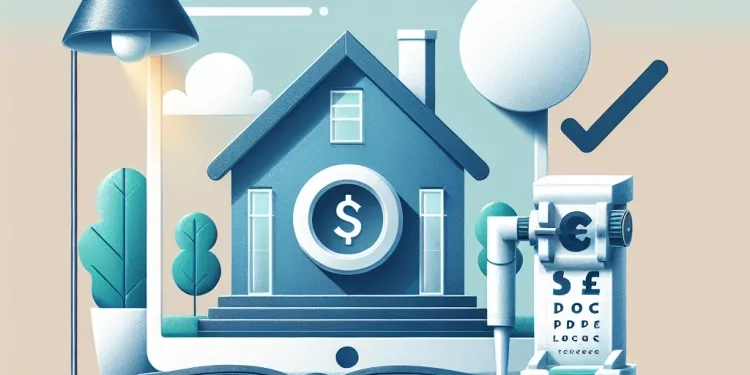
What is self-testing for eye patients?
Relevance: 62%
-

Do I need any special equipment for eye self-testing?
Relevance: 60%
-

Are there any self-tests for eye pressure?
Relevance: 55%
-

What types of self-tests are available for eye patients?
Relevance: 53%
-
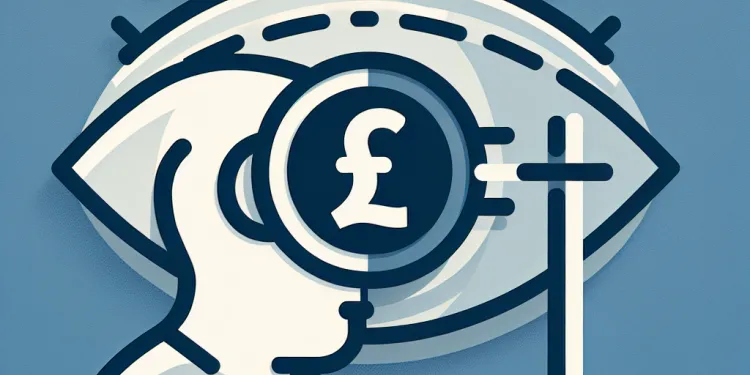
How does self testing for eye patients work?
Relevance: 52%
-

Can I use a smartphone for self-testing my eyes?
Relevance: 49%
-
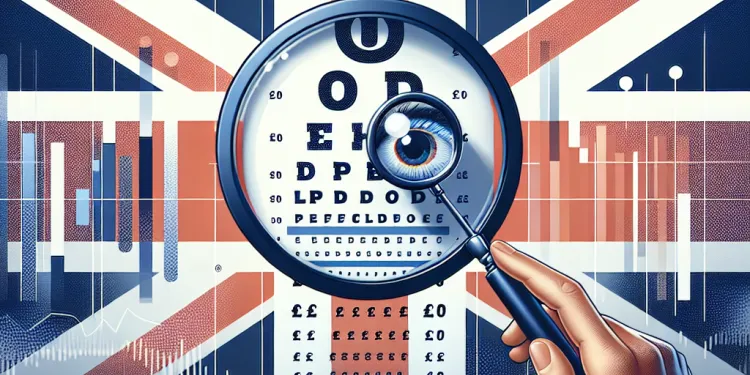
How do I use a vision chart for self-testing?
Relevance: 41%
-
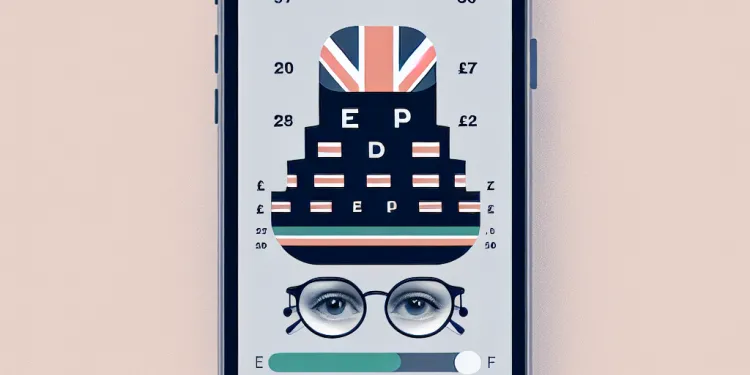
How accurate are app-based eye tests?
Relevance: 36%
-
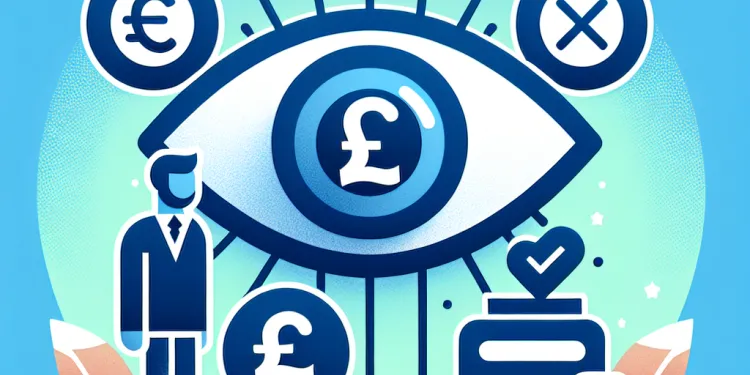
Where can I find reliable self-testing tools for my eyes?
Relevance: 36%
-

Is it possible for self-tests to cause harm?
Relevance: 36%
-
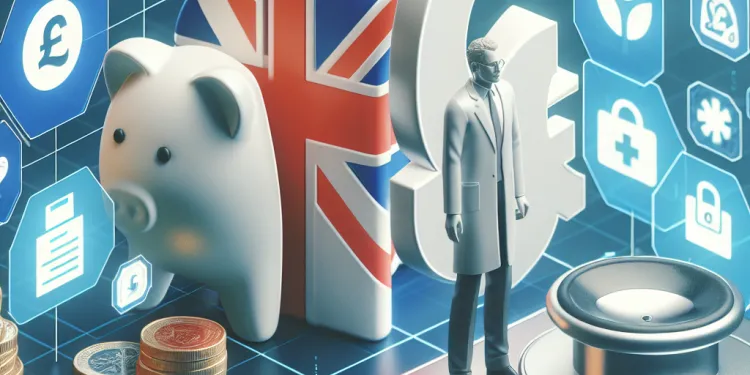
Do insurance plans cover the cost of self-testing tools?
Relevance: 32%
-

What should I do if I notice changes during self-testing?
Relevance: 32%
-

What age groups can benefit from self-testing?
Relevance: 30%
-
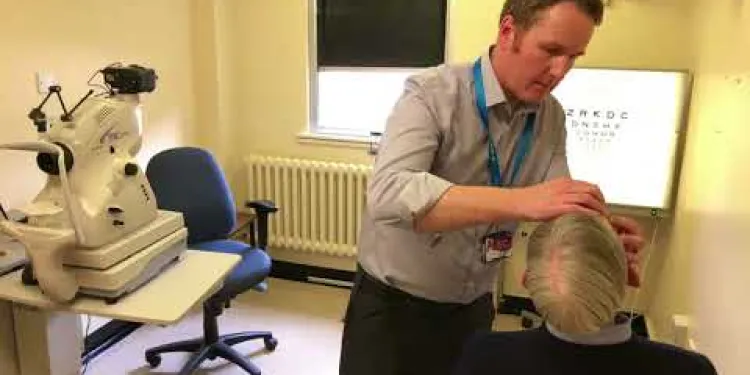
Derbyshire Diabetic Eye Screening - Diabetic Eye Screening
Relevance: 29%
-
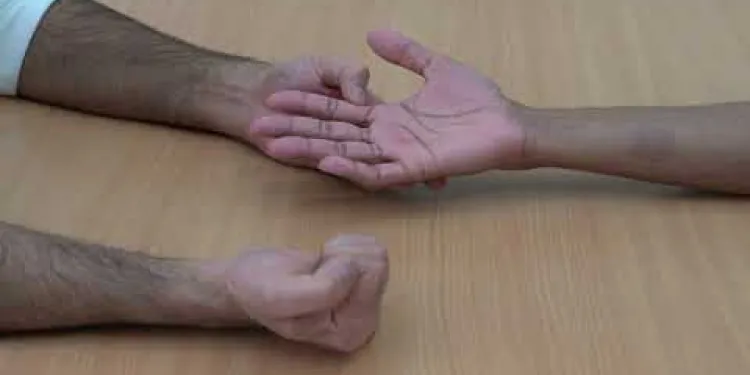
Trigger Finger exam
Relevance: 28%
-
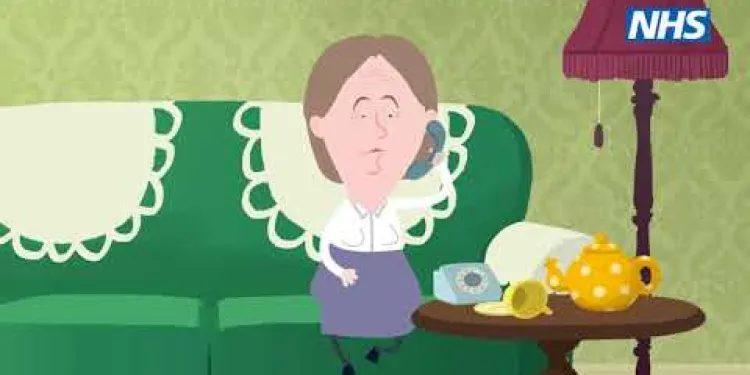
West Midlands LEHN Animated Video on Eye Health
Relevance: 26%
-
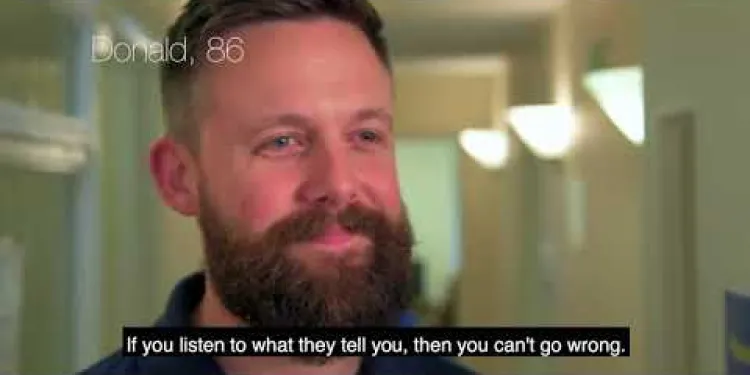
Diabetes Eye Screening
Relevance: 25%
-
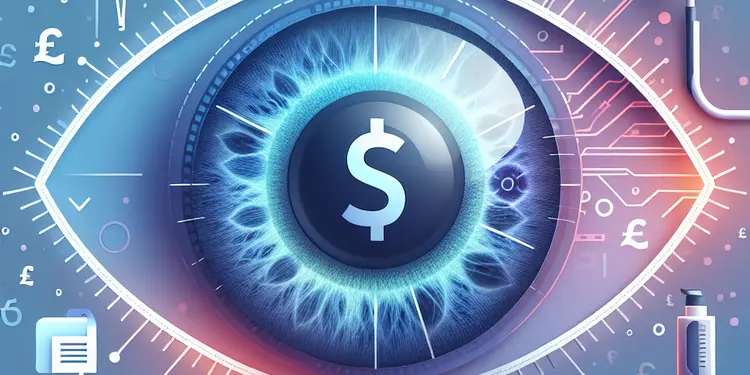
What is hypotony in the eye?
Relevance: 25%
-
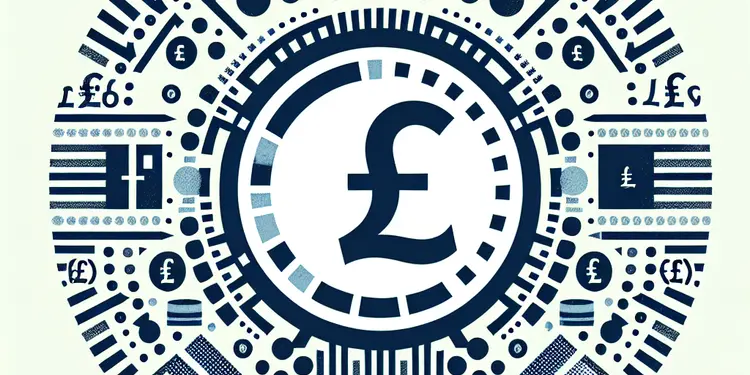
Can hypotony occur in both eyes?
Relevance: 24%
-
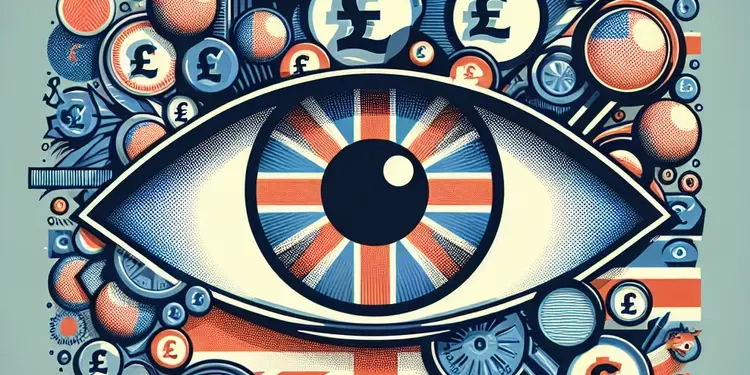
What is the eye condition hypotony?
Relevance: 23%
-
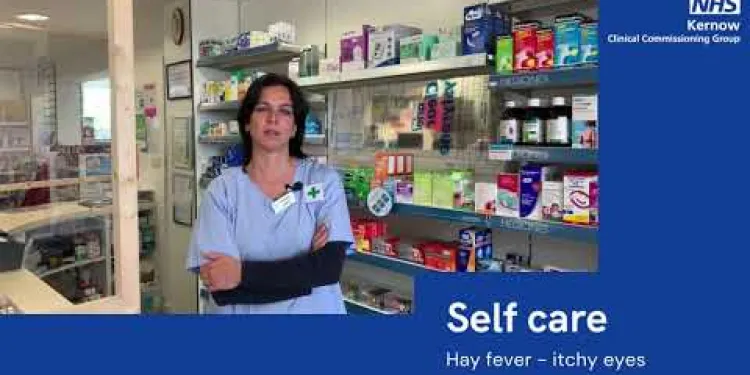
Self care - hay fever itchy eyes
Relevance: 22%
-

Can self-testing help me track my prescription changes?
Relevance: 22%
-
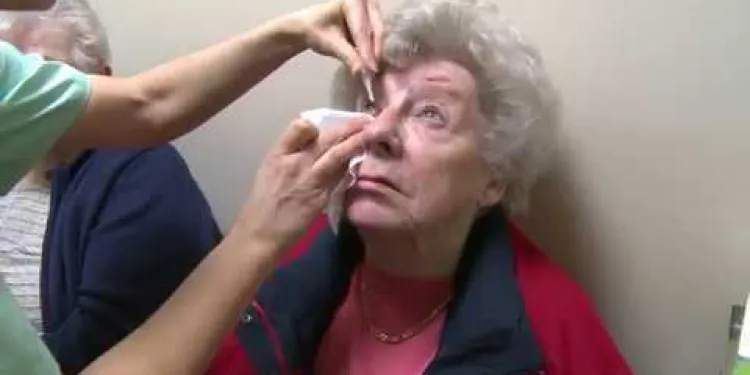
Eye Injections at Royal Bournemouth Hospital
Relevance: 22%
-
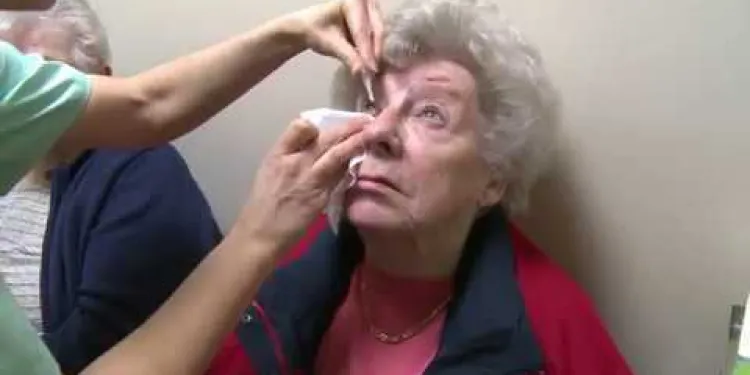
Eye Injections at Royal Bournemouth Hospital
Relevance: 22%
-
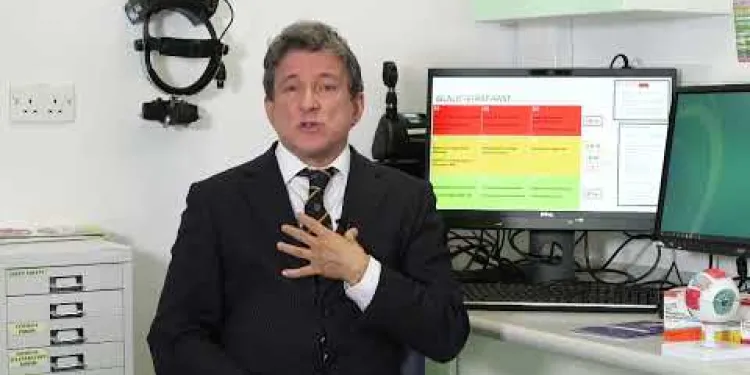
Glaucoma: general side effects of eye drops
Relevance: 22%
-
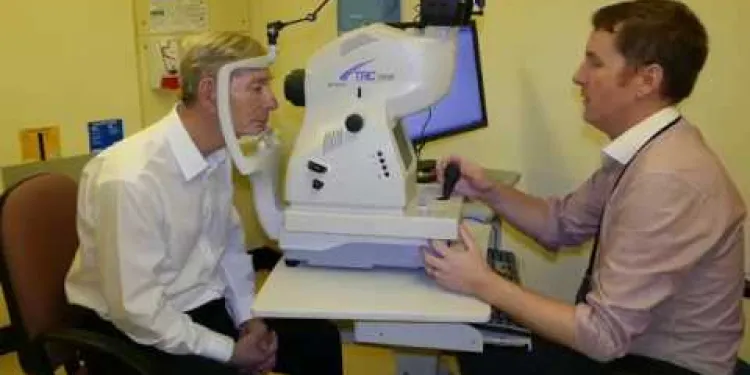
Derbyshire Diabetic Eye Screening - Your Screening Appointment
Relevance: 22%
-

North Yorkshire Diabetic Eye Screening Programme - A day in the life
Relevance: 21%
-
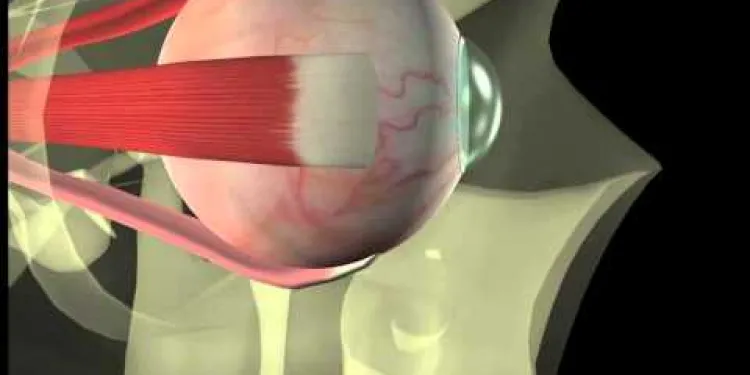
Thyroid eye disease. Squint surgery - The operation
Relevance: 21%
-
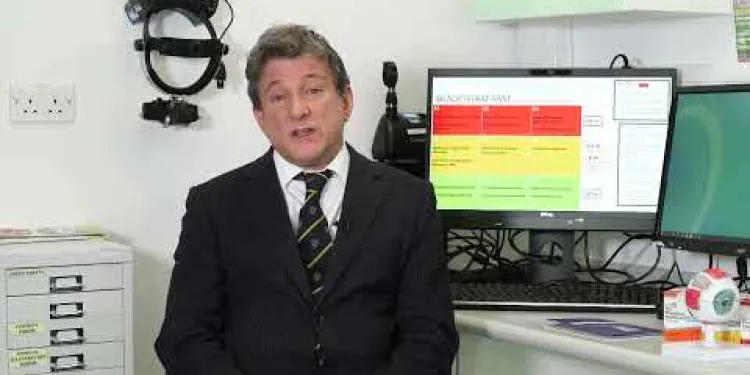
Glaucoma: how often should i take my eye drops?
Relevance: 21%
-
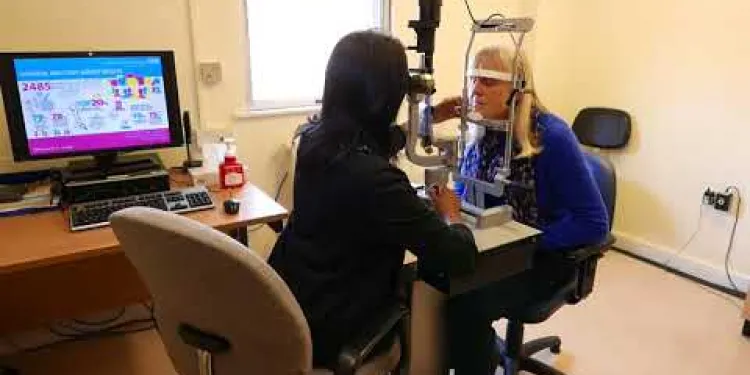
Derbyshire Diabetic Eye Screening - Assessment Clinic Appointment
Relevance: 20%
-
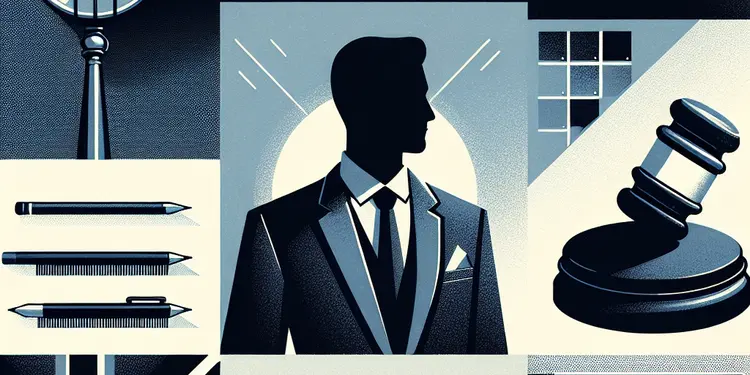
What is the impact of a professional negligence claim on a professional's career?
Relevance: 20%
-

What is professional negligence?
Relevance: 19%
-
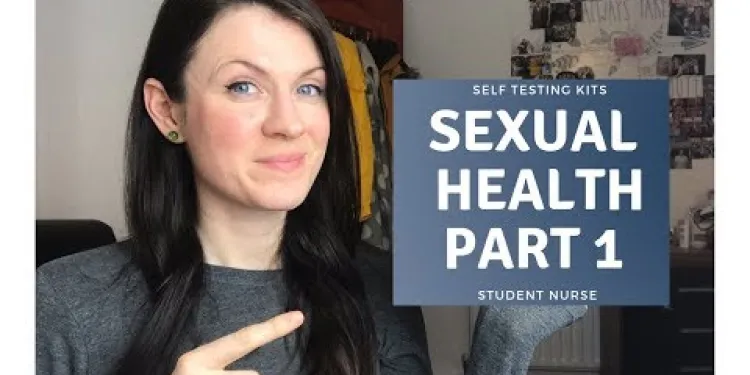
Let's Talk Sexual Health - Home Self Testing Kits
Relevance: 18%
-

Is a mistake always considered professional negligence?
Relevance: 17%
Introduction
In recent years, self-testing kits and online tools have gained popularity in the UK as convenient options for monitoring health at home. Among these are self-administered eye tests, which offer a quick and easy way to check one's vision. However, many people wonder whether these tools can serve as a substitute for professional eye examinations.
What Are Self-Tests for Eye Health?
Self-tests for eye health can take various forms, including online vision tests, downloadable apps, and at-home testing kits. These tools typically assess elements such as visual acuity, colour perception, and astigmatism. They provide results that might indicate whether further professional evaluation is needed. Some digital platforms even offer preliminary guidance on whether corrective lenses might be required.
Limitations of Self-Tests
While self-tests can be useful for basic screening, they come with significant limitations. Firstly, they lack the comprehensive nature of professional eye exams provided by qualified optometrists or ophthalmologists. Self-tests cannot detect underlying conditions such as glaucoma, cataracts, or retinal disorders. Secondly, the accuracy of these tests is often dependent on factors such as screen size and ambient lighting, which can affect the results.
Moreover, self-tests do not account for personal medical history, potentially overlooking crucial risk factors. They might also provide a false sense of security, leading individuals to delay seeking professional care when it's actually needed.
The Role of Professional Eye Exams
Professional eye exams in the UK are thorough assessments conducted by health care professionals. During an eye exam, optometrists evaluate not only visual acuity but also the overall health of the eyes. They use specialized equipment to detect signs of eye diseases and other health issues that might manifest symptoms through the eyes, such as diabetes and hypertension.
Regular eye exams can be crucial for early detection of potential health issues. For individuals with existing conditions, eye care professionals provide personalized management plans and monitor any changes over time. In addition, optometrists offer expert advice on eye care and tailored recommendations for vision correction if necessary.
Conclusion
While self-tests for eyes can serve as a convenient and preliminary tool for individuals curious about their vision, they should not be substituted for professional eye exams. The limitations in scope and accuracy mean they lack the comprehensive evaluations necessary to protect one's eye health fully. Regular visits to an eye care professional remain essential for maintaining optimal eye health and catching potential issues early on. In the UK, professional eye care is widely accessible, with many people eligible for NHS sight tests, ensuring that everyone can benefit from regular, professional eye health assessments.
Introduction
Lately, many people in the UK are using self-testing kits and online tools to check their health at home. One of these is the eye test you do by yourself. It is a quick way to check your eyes. But people often wonder if these tests are as good as seeing an eye doctor.
What Are Self-Tests for Eye Health?
Self-tests for eye health can be found online or as mobile apps, and sometimes as kits you use at home. They check things like how well you see, if you can tell different colours apart, and if you have any vision issues like astigmatism. These tests can tell you if you need to see an eye doctor. Some online tools might suggest if you need glasses.
Limitations of Self-Tests
Self-tests are good for a quick check, but they have limits. They are not as complete as the checks done by an eye doctor. Self-tests cannot find problems like glaucoma, cataracts, or other serious eye issues. These tests might not work well if your screen is small or the light is too dim.
Self-tests also do not know your medical history, so they might miss important health risks. They can make people feel they don't need to see a doctor when they actually do.
The Role of Professional Eye Exams
Seeing an eye doctor in the UK means getting a full check-up by a health expert. Doctors check how well you can see and the health of your eyes. They use special tools to find eye diseases or health problems like diabetes that can affect your eyes.
Regular eye exams help find health problems early. If you have a health condition, eye doctors can make a special plan and keep an eye on changes over time. They give expert advice and suggest vision correction if you need it.
Conclusion
Doing a self-test for your eyes can be quick and helpful, but it should not replace a visit to the eye doctor. Self-tests are not as accurate and thorough as professional eye exams. Visiting an eye doctor regularly is important to keep your eyes healthy and catch problems early. In the UK, most people can get their eyes checked by the NHS, making sure everyone can have professional eye health care.
Frequently Asked Questions
Are self-tests a substitute for professional eye exams?
No, self-tests are not a substitute for professional eye exams. They can provide a preliminary assessment but lack the thoroughness of an examination by an eye care professional.
What are limitations of self-tests for eye exams?
Self-tests cannot detect serious eye conditions, eye health issues, or prescribe corrective lenses accurately, which require professional diagnostic tools and expertise.
Can self-tests detect eye diseases?
No, self-tests cannot detect eye diseases like glaucoma, cataracts, or retinal problems. Only an eye doctor can diagnose these with specialized equipment.
What can self-tests be useful for?
Self-tests can help you get an idea of your vision clarity or screen for basic vision problems, such as refractive errors, but they are not comprehensive.
Why is a professional eye exam important?
A professional eye exam assesses overall eye health, detects diseases, and provides accurate prescriptions with specialized equipment and expertise.
How often should I have a professional eye exam?
Adults should have a comprehensive eye exam at least every two years, or annually if you have specific eye problems or risk factors.
Can self-tests provide a prescription for glasses?
No, self-tests cannot provide a prescription for glasses. Only an optometrist or ophthalmologist can provide an accurate prescription based on a full exam.
Are self-test apps on smartphones accurate?
While some self-test apps may offer rudimentary assessments, they cannot replace the detailed diagnostics provided by a professional eye exam.
What types of vision problems can self-tests identify?
Self-tests may identify basic problems like nearsightedness, farsightedness, or astigmatism but should not be relied on for a comprehensive assessment.
Do self-tests check for eye health?
No, self-tests do not check for eye health conditions. They focus on vision acuity and need a professional examination for health assessments.
Can I rely solely on self-tests if I have no symptoms?
No, a lack of symptoms does not mean there are no underlying conditions. Regular professional eye exams are important for early detection of issues.
Are there risks in delaying professional eye exams?
Yes, delaying professional eye exams can result in late diagnosis of treatable conditions, which could lead to permanent vision problems or complications.
What equipment do professionals use that self-tests lack?
Professionals use equipment like retinal cameras, slit lamps, and tonometers which are critical for comprehensive eye health evaluations.
Can vision changes be monitored with self-tests?
Self-tests can offer some insight into vision changes, but professional exams are necessary to understand the cause and extent of these changes.
Do self-tests replace professional assessments for children’s eye health?
No, children's eye health requires professional assessments to identify issues early, which self-tests cannot adequately provide.
Do insurance plans cover self-tests?
Insurance plans typically do not cover self-tests. They cover professional eye exams as these are considered medically necessary assessments.
What should I do if a self-test indicates a vision problem?
If a self-test indicates a problem, schedule a professional eye exam to receive a full assessment and accurate diagnosis.
Are online vision tests accurate?
Online vision tests can provide some information but are not as accurate or comprehensive as an in-person exam conducted by a professional.
How do self-tests assess vision clarity?
Self-tests assess vision clarity through charts and distance-reading tasks but lack the capability to assess overall eye health and other conditions.
What is the role of an optometrist or ophthalmologist in eye care?
Optometrists and ophthalmologists provide comprehensive eye care, including examinations, disease detection, and management of eye health.
Can self-tests replace going to the eye doctor?
Some people use self-tests to check their eyes. But is this the same as seeing an eye doctor?
It is good to check your eyes at home. But it is very important to see an eye doctor too. Eye doctors can find problems you might not see. They have special training and tools.
Here is how you can help your eyes:
- Use tools like magnifying glasses to see small things better.
- Use good lighting when you read or write.
- Go to the eye doctor regularly for check-ups.
Remember, self-tests are a good start, but they do not replace an eye doctor.
No, self-tests cannot replace going to an eye doctor. They can help you check your eyes a little bit, but they are not as careful as a real eye exam by an eye doctor.
What can't self-tests for eye exams do?
Eye self-tests can be helpful, but they can't do everything. Here are some things they can't do:
- They can't replace a real eye doctor. Only an eye doctor can check your eyes properly.
- They might miss some eye problems. Some things can only be seen with special tools.
- They can't give you glasses or contact lenses. You need a professional for that.
It's important to visit an eye doctor for a full check-up. You can use magnifying glasses or read in a bright place to help you see better when reading.
Self-tests can’t find serious eye problems or tell how healthy your eyes are. They also can't give you the right glasses. You need a trained eye doctor for that.
Can we check for eye diseases by ourselves?
Can you find out if your eyes are sick by using a test at home?
- It might help, but it is not always right.
- A tool like a phone app or chart can be used.
- It is important to also see an eye doctor.
No, you can't find eye problems like glaucoma, cataracts, or retinal issues by yourself. Only an eye doctor can do that with special tools.
What can self-tests help you with?
Self-tests are tools that you can use by yourself. They can help you:
- Find out if you might be sick.
- Check how your body is doing.
- Make sure you feel well before visiting friends or family.
If reading is hard, try asking someone to read with you. You can also use apps that read the text out loud.
Self-tests can help you check how clear your vision is or spot simple eye problems, like if you need glasses. But they don't check everything.
Why Should You Get Your Eyes Checked by a Professional?
It is good to see an eye doctor. They can help make sure your eyes are healthy.
Here are some reasons why:
- They help you see better with glasses if you need them.
- They check your eyes for any problems.
- They can help you catch eye problems early.
If you find it hard to read, you can ask someone to read it for you. This makes it easier to understand.
An eye check-up by an eye doctor looks at your eyes to see if they are healthy. It can find eye problems and help give you the right glasses. The doctor uses special tools to do this.
How often should I get my eyes checked by a doctor?
It is good to get your eyes checked every year. Seeing an eye doctor can help keep your eyes healthy.
Here are some tips to help:
- Set a reminder on your calendar.
- Ask someone to help you remember.
- Use a checklist to keep track of your doctor visits.
Grown-ups should get their eyes checked by a doctor every two years. If you have eye problems or worry about your eyes, you should go every year.
Here are some ways to help you remember eye check-ups:
- Set a reminder on your phone or calendar.
- Ask a friend or family member to remind you.
- Keep a note on your fridge or somewhere you see every day.
Can you get glasses from a self-test?
No, at-home tests can't give you glasses. You need to see an eye doctor to get the right glasses. The eye doctor checks your eyes and tells you what you need.
Do self-test apps on phones work well?
Some apps can give you a basic eye test. But these apps are not as good as seeing a real eye doctor. A real eye doctor can check your eyes properly.
What vision problems can you find with self-tests?
There are some vision problems you can find out by doing tests by yourself. Here are some:
- Blurry Vision: If you can't see things clearly.
- Color Blindness: If you can't tell some colors apart.
- Far or Near Sightedness: If you have trouble seeing things far away or up close.
- Astigmatism: If things look blurry or wavy.
If you think you have a vision problem, it's a good idea to visit an eye doctor.
Support Tools:
- Ask someone to help you with the test and read instructions for you.
- Use a magnifying glass if it's hard to see the test pictures.
Self-tests can help you find out if you have simple eye problems like seeing things blurry up close, far away, or if your eyes are shaped differently. But, they can't check everything about your eyes.
Can self-tests check if your eyes are healthy?
No, self-tests do not check if your eyes are healthy. These tests look at how well you can see. You need to visit an eye doctor to check the health of your eyes.
Tip: Use a calendar to remember when to see your eye doctor. You can set reminders on your phone too!
Can I just use self-tests if I don't feel sick?
If you don't feel sick, it's best to do a self-test and also talk to a doctor. Self-tests are good, but a doctor can help you more.
Tips:
- Use a calendar to remember when to test.
- Ask a friend or family member to help.
- Look for pictures or videos that show how to do the test.
Just because you feel okay, it doesn’t mean nothing is wrong. Going to the eye doctor is important to find problems early.
Is it risky to wait on getting your eyes checked?
It’s important to get your eyes checked by a doctor. This keeps your eyes healthy. Seeing a doctor for your eyes is called an eye exam.
If you wait too long to get an eye exam, it might be bad for your eyes. You could have problems that don't get better if not caught early.
If reading is hard, try using audiobooks or ask someone to read with you. They can help you understand better.
Yes, waiting too long to have an eye check-up can be bad. You might not find eye problems early enough. This could cause long-term eye troubles or make things worse.
What tools do experts use that home tests don't have?
Eye doctors use special tools to check your eyes. They use cameras to look inside your eyes. They use lamps to see your eyes better. They also use a tool to check the pressure in your eyes. These tools help them make sure your eyes are healthy.
Can you check your own eyesight at home?
Self-tests can help you see if your vision is changing. But, only a doctor can find out why and how much your vision has changed.
Can self-tests take the place of professional check-ups for children's eyes?
Do you wonder if self-tests can be used instead of going to the eye doctor for kids? It's important to know that self-tests are helpful, but they cannot do everything a real eye doctor can.
Eye doctors have special tools and training to check eyes carefully. They look for things self-tests might miss. Always see an eye doctor if you think there might be a problem.
If you want to help your child, you can use some tools at home:
- Eye charts you hang on a wall. Your child stands back and reads the letters.
- Apps that help check vision. They can be fun and easy to use.
- Games that test how well your child sees and understands colors.
But remember, these are just for fun and practice. They don’t replace a real check-up with an eye doctor.
If your child has problems seeing, reading, or says eyes hurt, take them to see an eye doctor.
No, you should see an eye doctor to check children's eyes. They can find problems early. Tests you do at home are not good enough.
Do insurance plans pay for self-tests?
Insurance is like a promise to help pay for things. Some people have a plan to help with health costs. Self-tests are tests you do at home to check your health.
Sometimes, insurance will pay for these self-tests. It depends on the type of plan you have.
To find out, you can:
- Call your insurance company. Ask them if they pay for the self-test you need.
- Look at the papers you got from your insurance company. They might tell you there.
It is helpful to ask someone you trust to help you understand.
Insurance usually does not pay for tests you do yourself. They do pay for eye tests done by a doctor because these are important to check your health.
What should I do if a test shows I might have trouble seeing?
If your eye test shows something is wrong, make an appointment with an eye doctor. They can check your eyes and tell you what's going on.
Are online vision tests right?
Online vision tests can help you check your eyes.
They are easy to try at home, but they might not be as good as seeing an eye doctor.
If you want to be sure about your eyes, it is best to visit an eye doctor.
Talk to an adult or use tools like audio guides if you need help.
Online eye tests can help a bit, but they are not as good as seeing a real eye doctor in person.
How do eye tests check how well you can see?
If you're finding it hard to understand, you can use a magnifying tool to make the words bigger. You can also ask someone you trust to help read it with you.Eye tests you do at home help check how well you can see using charts and reading at different distances. But these tests cannot check if your eyes are healthy or find other eye problems.
What do eye doctors do to help us see better?
Eye doctors are people who help make sure our eyes are healthy and that we can see well. There are two main types of eye doctors:
- Optometrists: They check your eyes to see if you need glasses or contact lenses. They also look for any problems with your eyes and can give you advice on how to keep your eyes healthy.
- Ophthalmologists: They are medical doctors who can do everything an optometrist does, but they can also do surgery on your eyes if needed. They treat more serious eye problems.
If you have trouble reading this, try using a tool that reads aloud or highlights text. Asking someone to read with you can also help.
Eye doctors help you see better and make sure your eyes are healthy. They check your eyes, find any problems, and help take care of your eye health.
Useful Links
This website offers general information and is not a substitute for professional advice.
Always seek guidance from qualified professionals.
If you have any medical concerns or need urgent help, contact a healthcare professional or emergency services immediately.
- Ergsy carfully checks the information in the videos we provide here.
- Videos shown by Youtube after a video has completed, have NOT been reviewed by ERGSY.
- To view, click the arrow in centre of video.
- Most of the videos you find here will have subtitles and/or closed captions available.
- You may need to turn these on, and choose your preferred language.
- Go to the video you'd like to watch.
- If closed captions (CC) are available, settings will be visible on the bottom right of the video player.
- To turn on Captions, click settings .
- To turn off Captions, click settings again.
More Items From Ergsy search
-

Are self-tests a substitute for professional eye exams?
Relevance: 100%
-

What are the limitations of self-testing for eyes?
Relevance: 68%
-

Can self-testing detect all eye conditions?
Relevance: 66%
-

Should I share the results of my self-tests with my eye doctor?
Relevance: 65%
-

Why would someone need to self-test their eyes?
Relevance: 63%
-

How often should I self-test my eyes?
Relevance: 63%
-

What is self-testing for eye patients?
Relevance: 62%
-

Do I need any special equipment for eye self-testing?
Relevance: 60%
-

Are there any self-tests for eye pressure?
Relevance: 55%
-

What types of self-tests are available for eye patients?
Relevance: 53%
-

How does self testing for eye patients work?
Relevance: 52%
-

Can I use a smartphone for self-testing my eyes?
Relevance: 49%
-

How do I use a vision chart for self-testing?
Relevance: 41%
-

How accurate are app-based eye tests?
Relevance: 36%
-

Where can I find reliable self-testing tools for my eyes?
Relevance: 36%
-

Is it possible for self-tests to cause harm?
Relevance: 36%
-

Do insurance plans cover the cost of self-testing tools?
Relevance: 32%
-

What should I do if I notice changes during self-testing?
Relevance: 32%
-

What age groups can benefit from self-testing?
Relevance: 30%
-

Derbyshire Diabetic Eye Screening - Diabetic Eye Screening
Relevance: 29%
-

Trigger Finger exam
Relevance: 28%
-

West Midlands LEHN Animated Video on Eye Health
Relevance: 26%
-

Diabetes Eye Screening
Relevance: 25%
-

What is hypotony in the eye?
Relevance: 25%
-

Can hypotony occur in both eyes?
Relevance: 24%
-

What is the eye condition hypotony?
Relevance: 23%
-

Self care - hay fever itchy eyes
Relevance: 22%
-

Can self-testing help me track my prescription changes?
Relevance: 22%
-

Eye Injections at Royal Bournemouth Hospital
Relevance: 22%
-

Eye Injections at Royal Bournemouth Hospital
Relevance: 22%
-

Glaucoma: general side effects of eye drops
Relevance: 22%
-

Derbyshire Diabetic Eye Screening - Your Screening Appointment
Relevance: 22%
-

North Yorkshire Diabetic Eye Screening Programme - A day in the life
Relevance: 21%
-

Thyroid eye disease. Squint surgery - The operation
Relevance: 21%
-

Glaucoma: how often should i take my eye drops?
Relevance: 21%
-

Derbyshire Diabetic Eye Screening - Assessment Clinic Appointment
Relevance: 20%
-

What is the impact of a professional negligence claim on a professional's career?
Relevance: 20%
-

What is professional negligence?
Relevance: 19%
-

Let's Talk Sexual Health - Home Self Testing Kits
Relevance: 18%
-

Is a mistake always considered professional negligence?
Relevance: 17%


